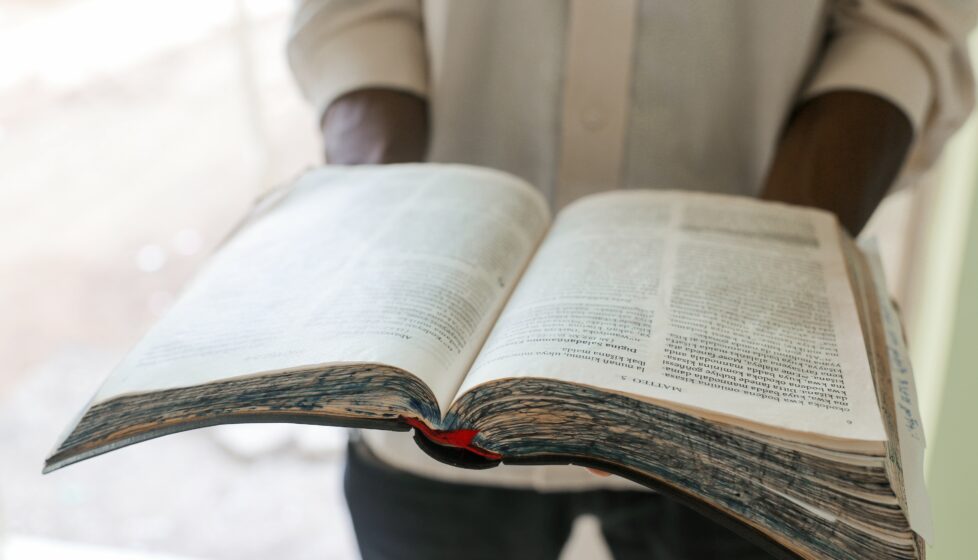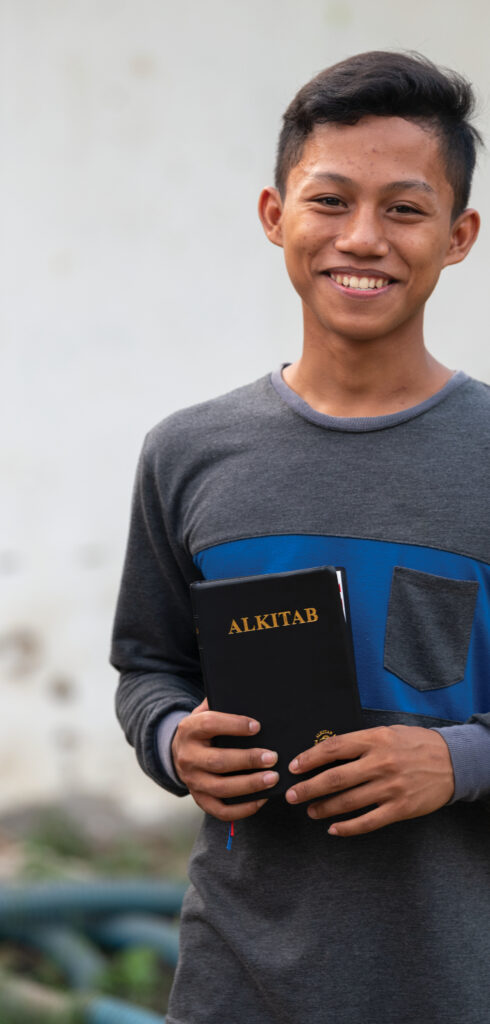Christian Schoolteachers Martyred by al-Shabab in Kenya
Kenya

Smuggling the Digital Word
Al-Shabab militants came for Christian schoolteachers Philip Okumu and Daniel Wekesa in the middle of the night. They surrounded the men’s house in their small Kenyan village near the Somali border and then tossed a grenade through a window. As flames spread through the concrete-block structure, Philip and Daniel ran for the door and were shot to death as they exited the building. According to a group of Somali Christian leaders, the men were killed for sharing the gospel with their students.
Although based in Somalia, al-Shabab terrorists move freely across the country’s borders with Kenya and Ethiopia in a region known as Greater Somalia, enforcing their harsh religious standards with brutal injustice. Sharing the gospel in this region is extremely dangerous.
Neither the Somali nor Kenyan government has been able to control the Islamist group in this lawless border region, prompting the Kenyan government to urge non-Muslim government workers like Philip and Daniel to leave the area. The two Christian men chose to stay, however, because they knew the ethnically Somali children they taught would have no other way of hearing the gospel. Their love for the children and faithfulness to Christ cost them their lives that night in October 2018.

Somali Bibles are impossible to obtain inside the country and are even difficult to find at the Bible Society in Nairobi, Kenya, a majority Christian nation that has a large Somali population. And getting caught by al-Shabab with a Bible almost invariably results in immediate execution. Christians, therefore, prefer digital versions that are much easier to conceal, and VOM supports some courageous believers who dare to enter Somalia with digital Bibles to share with those hungry for God’s Word.
VOM supplies Christian workers with Somali Bibles on memory cards, which are then smuggled across the border a few at a time. These Bibles are given to secret believers who meet only a few times per year in very small groups, gathering at a different house each time. They are careful to vary their method of travel, stagger their arrival times and enter the building through different entrances.
According to front-line workers in Somalia, most of those currently coming to faith in Christ are women. Because women are largely restricted to the home, it is easier to have private conversations with them. In addition, women do not attend mosque, so no one notices a sudden absence when a woman becomes a believer. When men convert, however, they must find creative explanations for their absence from mosque. The men who come to know Christ often do so, in part, through social media and the Internet rather than through face-to-face interactions with other believers.

Digital Bibles are crucial in highly restricted regions such as Somalia, North Korea, Iran and North Africa. Scripture is a guide for how to live as followers of Christ and also provides believers with strength to withstand persecution. Digital Bibles made available on SD cards, thumb drives and online downloads bring God’s Word to regions where believers have no access to printed copies of the Bible, and they are also easy to conceal on cellphones and computers. In addition, digital audio Bibles enable believers to listen to Scripture privately through headphones.
As extremists try to eradicate Christianity with grenades and guns, the Good News continues to spread among Somalis through the courageous acts of digital Bible smugglers.


 Guide
Guide